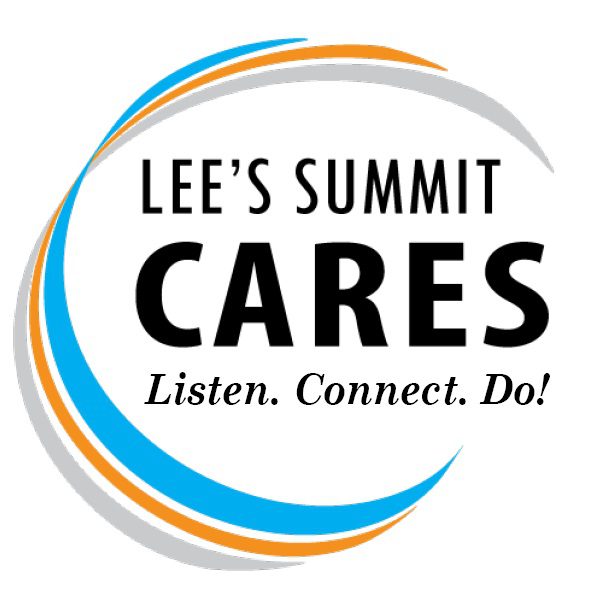In 2019, when the Covid-19 pandemic arose, the topic of health became mainstream. While bodily health was an extremely important topic, the topic of mental health also came to light. While I was very happy that we finally had more collective conversations about mental health, and its importance, I also found myself disappointed.
Yes, the conversations about mental health needed to occur, but because there was no prior knowledge or background on how to go about navigating it, many people were left confused, and others left to suffer in silence. However, with the proper knowledge on what mental heath is, why it’s important, as well as how to navigate it in ourselves and our communities, our understanding will combat things such as the growing suicide rate and open the door for ways to rally support and resources for those in need.
So first thing’s first, what is “Mental Health Awareness”? In short, it’s being aware of the state of emotional and psychological well-being, rather that be of yourself or others. Onto the bigger question: Why is it so important? Well, the answer is because of the fact that it impacts literally every aspect of our lives, both internal and external. From our eating and sleeping patterns to the way we treat ourselves and those around us, and even the way we view life!
Our mental health is a huge factor in the overall health of our existence. With this in mind, it makes it so important to be able to navigate it. Makes Sense!…but you may be asking where to even start. Well first, you’re not alone! Many people don’t know how, but there are a number of ways to be proactive and ways to reach out if you or someone you know needs help. If you don’t know where to start, then simple gestures such as check-ins, spontaneous encouragement, and implementing healthy methods of release/practices, either daily or weekly, are all great places to start.
Even implementing a long term step, such as finding and connecting with a counselor or therapist, is a great way to support your mental health. Therapy doesn’t only exist to mend traumatic events or offer aid for chronic mental illness. Yes, it is a great source for people who struggle with those things, but it is also a great support, even if you don’t struggle from specific things because it can prove extremely helpful to have a licensed professional to advise you throughout your journey.
Now, in the case you are noticing an emotional pattern in yourself or others that is leading in a harmful or dangerous direction, specific areas of support are designed to help. Things such as explaining the situation to a licensed professional, counselor or trusted adult can help with crafting a plan of action to offer safety and support for yourself or another individual.
In cases of emergency, the Suicide hotline ( #988 ) is also an extremely helpful resource. The hotline, which runs 24/7, is available for talk or text to support individuals who may be struggling with harmful thoughts or potential behavior within themselves or for those around them. While I only named a few aides of support, there are a ton of other aides for support that are worth researching and exploring.
There are various options and steps we can take, both personal and professional, that we can use as support for ourselves and those around us. While mental health is a topic that all of us are still learning more about, as well as exploring, it is something that is important for us to approach, and not just for our own well being, but for those around us as well. Given these points, it is important to understand that just as humanity is a collective experience, so is the navigation of mental health. We can all participate by both supporting, encouraging, and making space for ourselves first, and those around us.

